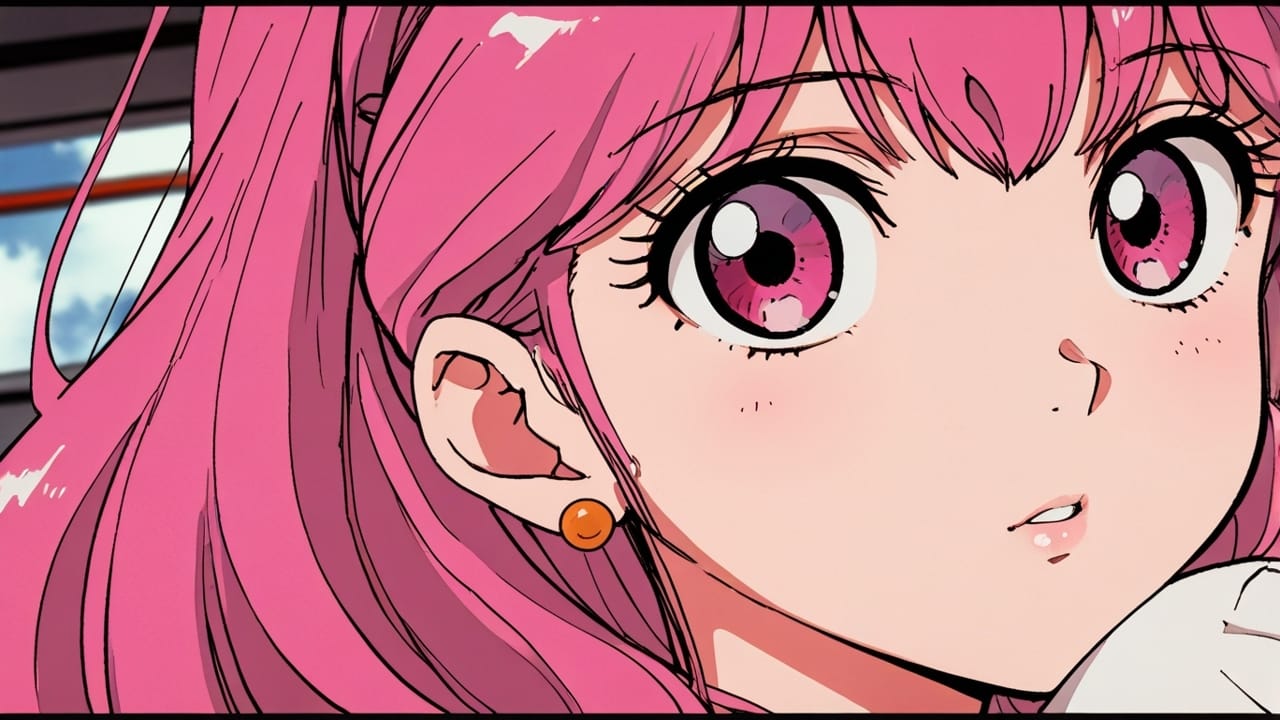- Hai Japan
- Posts
- Song Analysis: Tokimeki by Vaundy
Song Analysis: Tokimeki by Vaundy
It's time to danceeeee

Happy Sunday Japanophiles, Herewith the 75th issue of the Hai Japan Newsletter — your Weekly Dose of Japan!
Today, we’re simply going through…
Song: Tokimeki/Vaundy
This song blends classical expressions (〜ぬ), imagery verbs like 映る (to reflect) and 落ちる (to fall), and casual emphasis particles like ぜ and さ.
Let’s start by looking at the lyrics, then understand how this song uses magical Japanese language to express emotion, hope, and energy.
🎵 Lyrics (1st part)
目に映るのは 確かな
Tokimekiで光る魔法
思い当たるのは 誰かの
涙が落ちる音
Uh, uh, uh, yeah-yeah, uh, uh, uh, yeah-yeah
Uh, uh, uh, yeah-yeah
それは 軽やかな魔法
Uh, uh, uh, yeah-yeah, uh, uh, uh, yeah-yeah
美しいほど 止まらぬ cry
Da-da-da-da-da, just dancing tonight (na-na-na)
涙流して笑えばいいさ
見えぬ未来も 悪くはないぜ(ないぜ)
Da-da-da-da-da, just dancing tonight (na-na-na)
あくびしてる暇なんかないぜ
ほら ほらもっと聞かして
Uh, uh, uh, uh, uh
Breakdown & Explanation

目に映るのは 確かな Tokimekiで光る魔法
Romaji: Me ni utsuru no wa tashika na tokimeki de hikaru mahō
Literal meaning: What’s reflected in my eyes is a certain magic that shines with tokimeki.
目に映る (me ni utsuru) = what’s reflected in the eyes / what one sees
〜のは〜 (no wa) = turns the clause into a subject ("what is...")
確かな (tashika na) = certain, definite
Tokimeki = heart-pounding excitement (untranslated for effect)
で光る (de hikaru) = "shines with..."
魔法 (mahō) = magic
This structure shows how to describe an abstract feeling (tokimeki) as something visible. It's poetic, turning emotion into something physical.

思い当たるのは 誰かの 涙が落ちる音
Romaji: Omoiataru no wa dareka no namida ga ochiru oto
Meaning: What comes to mind is the sound of someone’s tears falling.
思い当たる (omoiataru) = to come to mind
誰かの (dareka no) = someone’s
涙 (namida) = tears
落ちる音 (ochiru oto) = the sound of falling
音 (sound) is often described with verbs like 落ちる (to fall), creating beautiful emotional imagery.

それは 軽やかな魔法
Romaji: Sore wa karoyaka na mahō
Meaning: That is a light, graceful magic.
軽やかな (karoyaka na) = light, airy, graceful
魔法 (mahō) = magic
Using な-adjectives with nouns like this is super common: 鮮やかな色, 静かな夜, etc.

美しいほど 止まらぬ cry
Romaji: Utsukushii hodo tomara nu cry
Meaning: A cry so beautiful, it won’t stop.
美しいほど (utsukushii hodo) = to the extent that it's beautiful
止まらぬ = poetic/old version of 止まらない (won’t stop)
cry = English word left for stylistic effect
The structure [adjective] ほど [result] = “So [adjective] that [result]” ➤ Example: 怖いほど静かだ = “So quiet, it’s scary.”

涙流して笑えばいいさ
Romaji: Namida nagashite waraeba ii sa
Meaning: Just cry and smile — it’s okay.
涙を流す (namida o nagasu) = to shed tears
笑えばいい (waraeba ii) = it’s okay if you laugh / just laugh
〜さ = casual masculine ending
This is a classic way of giving permission or advice: ➤ 〜ばいい = "You should" or "You can just..."

見えぬ未来も 悪くはないぜ(ないぜ)
Romaji: Mienu mirai mo waruku wa nai ze (nai ze)
Meaning: Even the unseen future isn’t so bad.
見えぬ = poetic version of 見えない (cannot be seen)
未来 (mirai) = future
悪くはない (waruku wa nai) = not bad
〜ぜ = masculine sentence ender for emphasis
The double negative 〜くはない softens the phrase into something positive.

あくびしてる暇なんかないぜ
Romaji: Akubi shiteru hima nanka nai ze
Meaning: There’s no time to yawn!
あくびしてる = yawning
暇 (hima) = free time
なんかない = absolutely no time for that
〜ぜ = again, casual strong ending
〜してる暇なんかない = “No time to do [something]!” Very casual and expressive.

ほら ほらもっと聞かして
Romaji: Hora hora motto kikashite
Meaning: Hey, hey — let me hear more!
ほら = hey / look / come on
もっと = more
聞かして = slangy/casual form of 聞かせて (let me hear)
This is causative form: 聞かせる = to let someone hear ➤ Here it’s softened with casual speech into 聞かして
What You Learned
Poetic Japanese uses older forms like 〜ぬ (止まらぬ = 止まらない)
〜のは〜 structures abstract ideas poetically
You can use emotional metaphors like tears falling and magic sparkling
Ending particles like 〜ぜ, 〜さ, 〜よ shape tone and gender
Even English words like cry can appear mid-verse for contrast!Hope ya’ll enjoyed that!
Hope you enjoyed that! See you next week :)